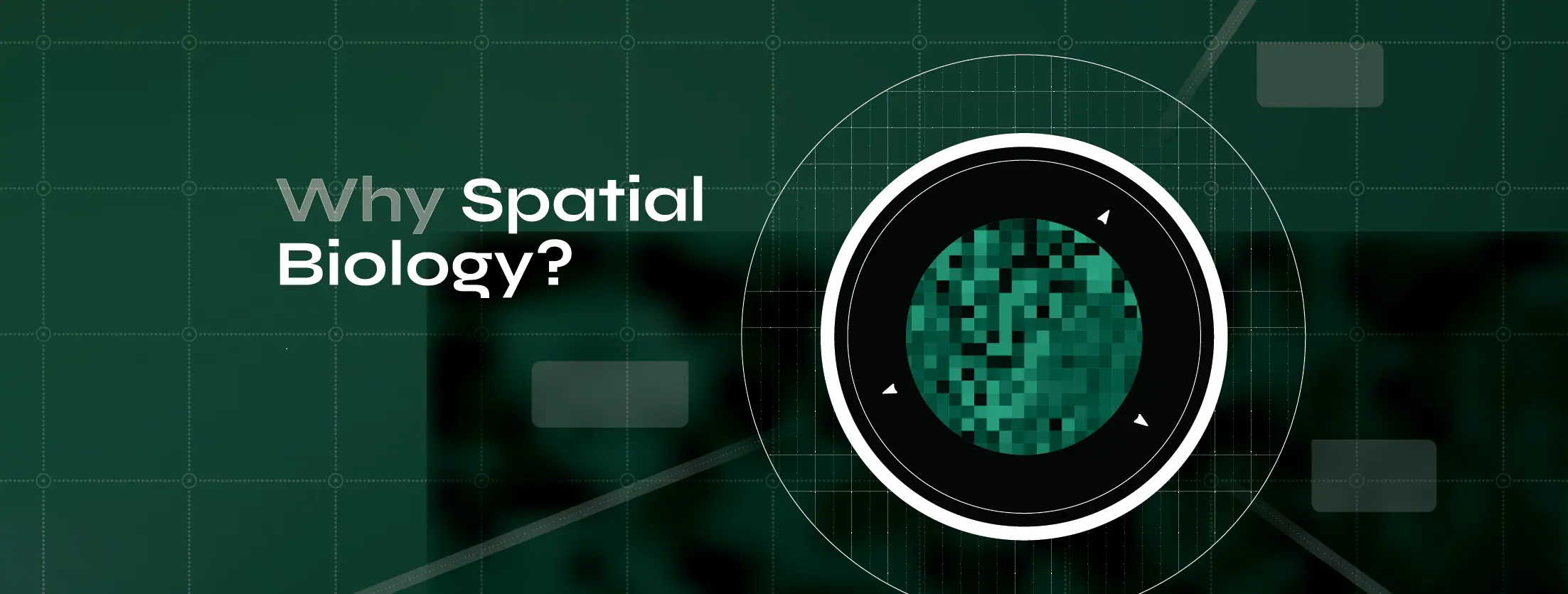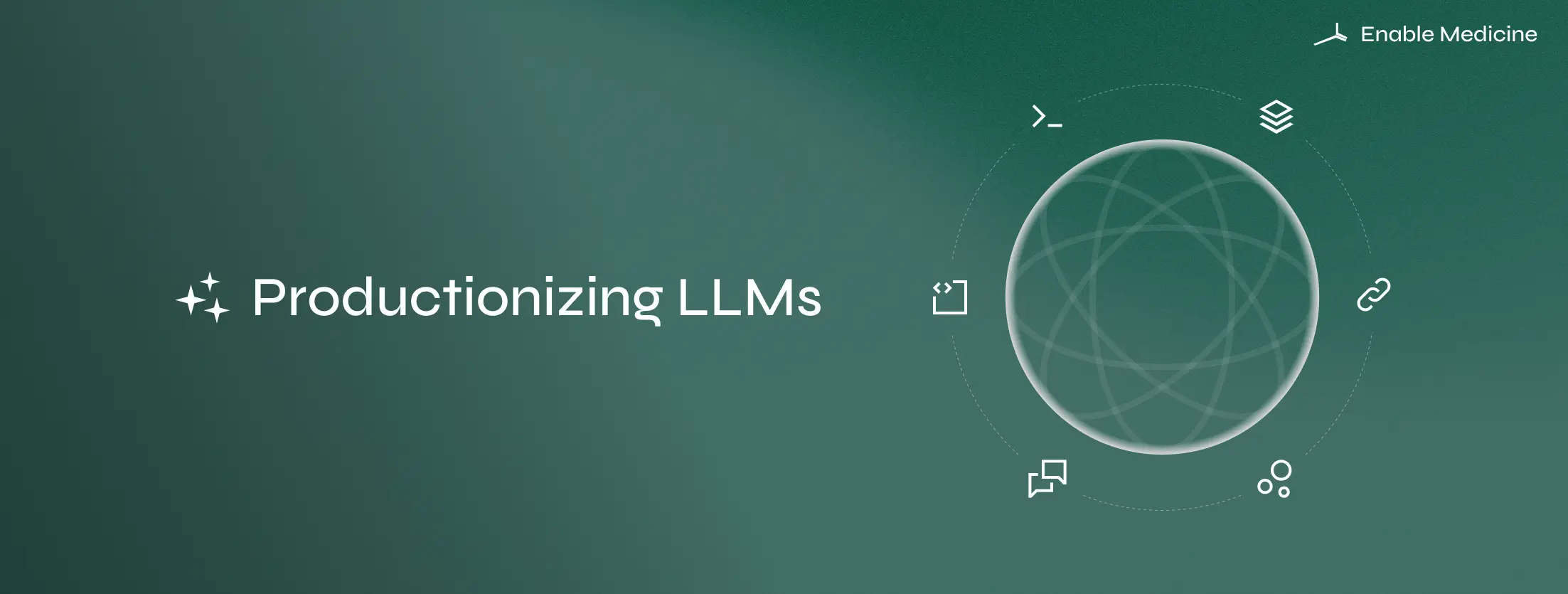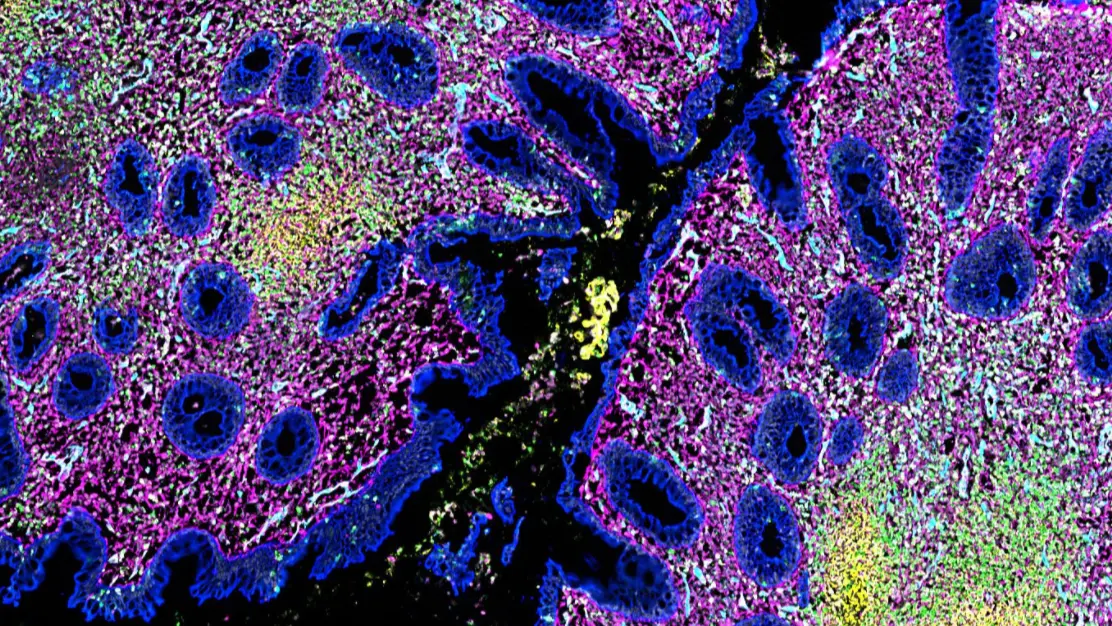Announcing the Beta Launch of the Enable Medicine Platform




Using 'Spatial-Omics' in Biological Research
Highly multiplexed imaging assays that allow for in situ protein and RNA detection in single cells represent an exciting and powerful new toolset for biological research. These technologies, often termed ‘Spatial-Omics’, provide an entirely new perspective on disease biology by enabling the measurement of cell-cell interactions, spatial organization patterns of tissue, and inter-/intra-tissue heterogeneity. For example, Schürch et al. 2020 studied the tumor microenvironment of colorectal cancer by profiling 56 proteins and found distinct cellular neighborhoods that are associated with improved survival outcomes for patients. In 2019, Wang et al. 2019 measured 33 proteins to study pancreas samples from patients with Type 1 Diabetes and observed significant alterations in islet architecture, endocrine cell composition, and immune cell presentation compared to control samples. These studies and others demonstrate the power of spatial-omics to help us understand the complexity of healthy and diseased tissues, which has important implications for the development of personalized medicine.
Challenges for Adopting 'Spatial-Omics' into Research Programs
While spatial-omics experiments have the potential for deeper and more impactful insights into biology, there are several challenges that scientists may face before being able to integrate these data and analyses into their experimental designs. Access to the technology and laboratory expertise to generate this data may be limited at their institutions, and the sheer size of some of these datasets (~terabytes) presents unique challenges for data storage and handling. Additionally, the computational expertise and infrastructure that is necessary to analyze and extract insights from these datasets may not be readily available.
Conduct a 'Spatial-Omics' Study with the Enable Medicine Platform Beta
These challenges are why we are excited to announce the launch of the Enable Medicine Platform Beta. The Platform provides direct access to the imaging technology, laboratory services, analysis tools, and computational infrastructure required to conduct an end-to-end spatial biology study. Anyone can use the Enable Medicine Platform to:
- Generate high-parameter imaging data from tissue via our Spatial Biology Cloud Lab
- Upload your own spatial data for analysis on the Platform
- Generate biological insights from your spatial data using our analysis suite
If you are interested in trying out the platform, we are currently running a Beta Trial for 30 days that includes the following:
- Free subscription to the platform
- At “reagent cost” pricing to use our Spatial Biology Cloud Lab to generate high parameter imaging data using a pre-defined 51-plex biomarker panel
- Free data processing, visualization, and spatial analytics for CODEX or multiplexIF images
- The addition of as many Beta Users to your Study as you’d like.
You can sign up for the Beta trial here. If you’d like to learn more about the Platform before signing up, take a look at our overview page and check out our research.
The Enable Medicine Platform Beta gives you the ability to generate, process, organize, index, query, and analyze spatial-omics data. The Beta launch represents a major step in Enable Medicine’s vision to build a search engine for biology. We want to provide scientists with the power to generate and search across hundreds of patients’ worth of spatial maps to better understand how the organization of cells impact disease pathology, progression, and therapeutic response.







.svg)
.svg)







